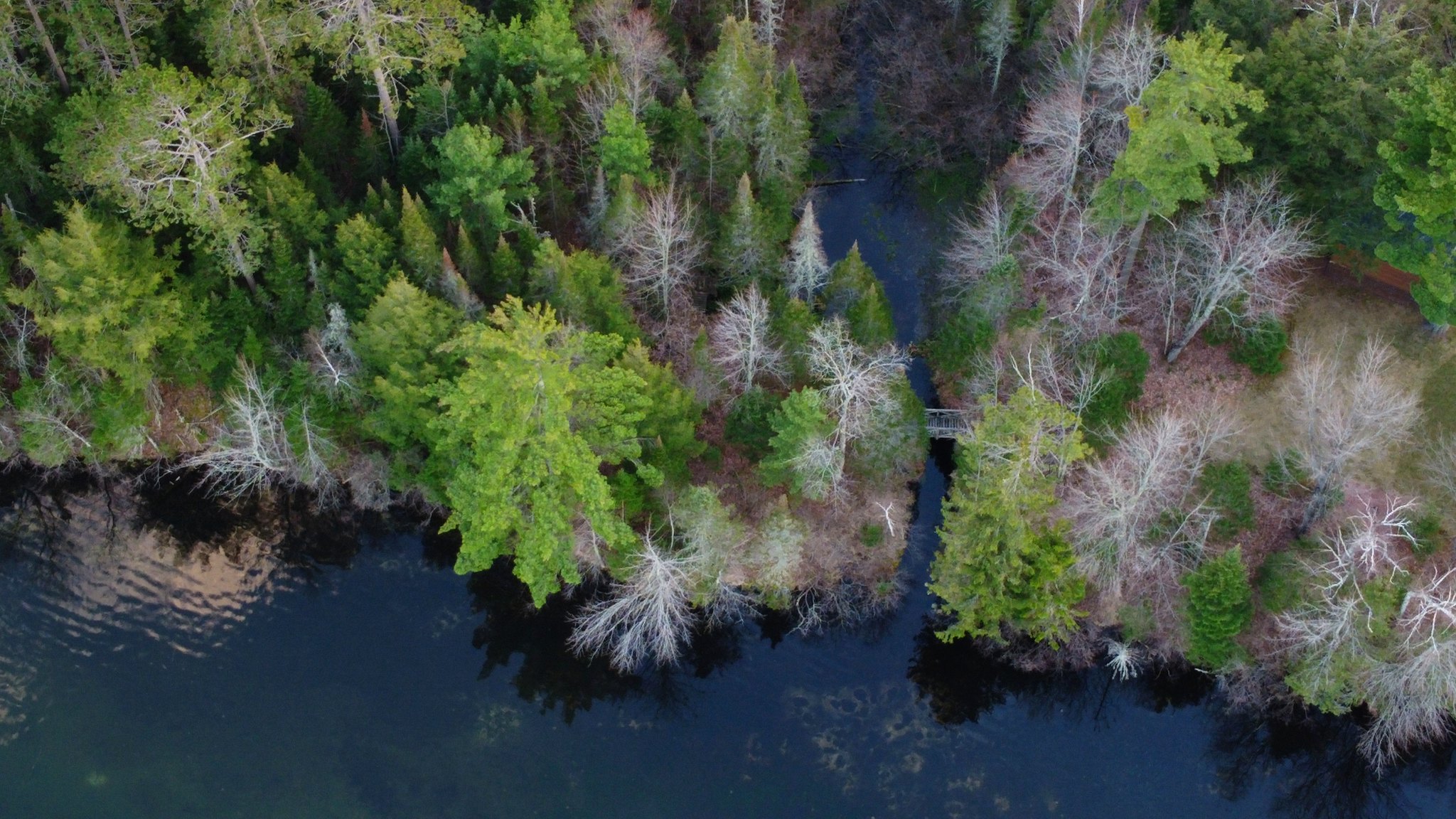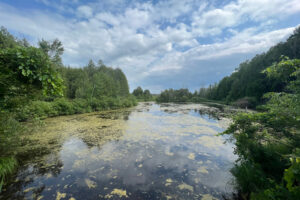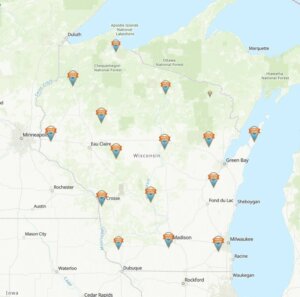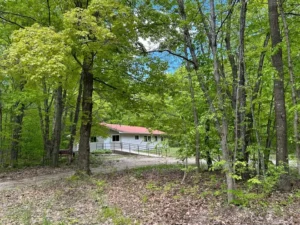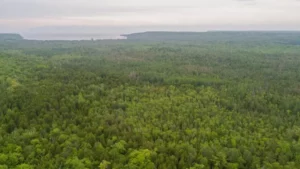A Texas-based group, American Stewards of Liberty (ASL), has been working at the behest of U.S. Representative Tom Tiffany to influence local officials in Forest, Langlade, and Oneida counties and block land conservation efforts. Wisconsin Examiner reports that the organization became involved in Wisconsin during the fight against using Knowles-Nelson Stewardship Program funding for the Pelican River Forest project.
ASL claims it’s dedicated to protecting private property rights but the group vehemently opposes private property owners’ decisions to conserve their land. Aaron Weiss, deputy director of the Center for Western Priorities expanded on this, adding, “This is a group that wants to limit what property owners can do with their property, and they want the government to have control and to be able to tell property owners, you can or cannot do this with your private property.”
The idea of ‘coordination’ – a discredited legal theory that asserts that any conservation efforts that use federal or state dollars require approval and ‘coordination’ of local government – is core to ASL’s ideology. In one instance, ASL helped change Nebraska state law to give individual counties the authority to halt private conservation easements. In Wisconsin, ASL Executive Director Margaret Byfield and Tiffany worked with Forest, Langlade, and Oneida county officials to craft a shared letter to state and federal officials opposing the Pelican River Forest project.
As Forest and Oneida counties began the process of updating their comprehensive plans, Tiffany met with county oversight committees to stress the importance of including coordination provisions among the updates. Comprehensive plans lay out a county’s land use priorities and are required by the state to be updated no less than every 10 years. Residents are becoming concerned that these plans will be less focused on preserving natural resources and more on promoting extractive industries.
“I don’t think that the plan they’re pushing is what the people of northern Wisconsin [want],” said Eric Rempala, a member of Oneida County Clean Waters Action. “We’ve always been very conservation conscious and had plenty of land put aside and protected.”
Featured image by LongitudeLatitude, 2021.

